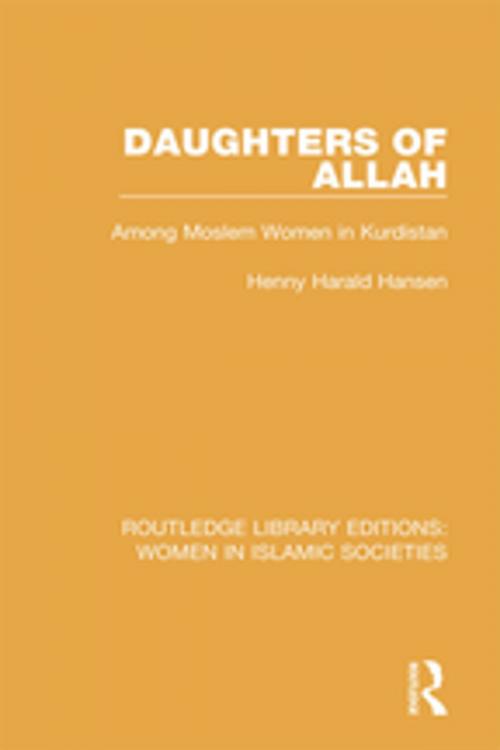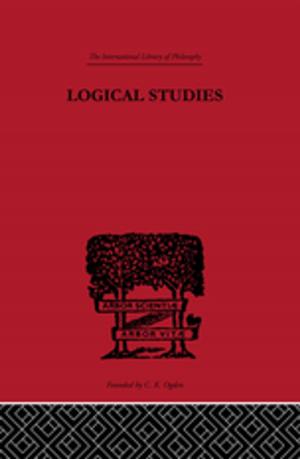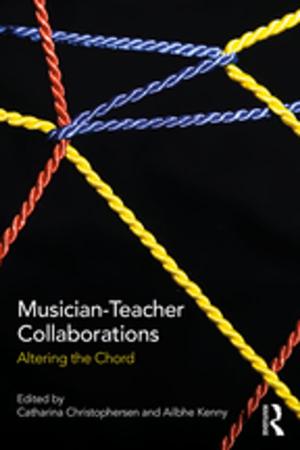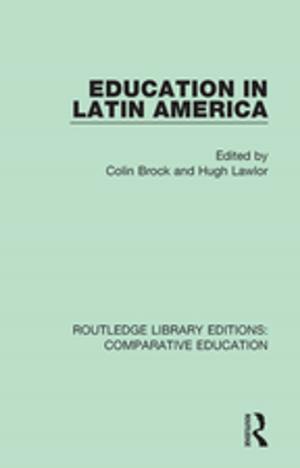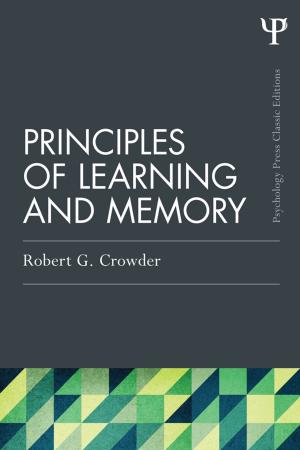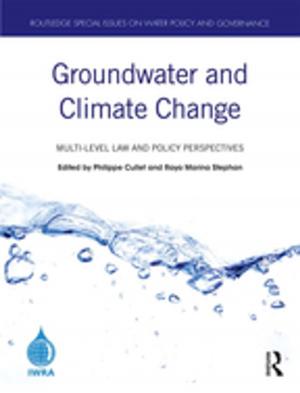Daughters of Allah
Among Moslem Women in Kurdistan
Nonfiction, Social & Cultural Studies, Social Science, Gender Studies, Women&, Anthropology| Author: | Henny Harald Hansen | ISBN: | 9781315449821 |
| Publisher: | Taylor and Francis | Publication: | October 4, 2016 |
| Imprint: | Routledge | Language: | English |
| Author: | Henny Harald Hansen |
| ISBN: | 9781315449821 |
| Publisher: | Taylor and Francis |
| Publication: | October 4, 2016 |
| Imprint: | Routledge |
| Language: | English |
In 1957, Henny Harald Hansen, the first Danish female anthropologist, was invited to take part in an archaeological expedition to the site of the projected Dokan Dam on the Little Zab river in Northern Iraq. Although her responsibilities were originally ethnological, she became the guest first of the local sheik and later of her interpreter’s family and as a result, the doors of many Kurdish homes were opened to her that normally would have remained closed to foreigners. She travelled widely among the mountain villages of Iraqi Kurdistan and was able to see from very close range the everyday life of women.
First published in 1958 and translated in 1960, this book contains the intimate and fascinating account of Henny Harald Hansen’s travels and her encounters with the women of Kurdistan. It will be of keen interest to those studying women in Islamic societies and anthropology.
In 1957, Henny Harald Hansen, the first Danish female anthropologist, was invited to take part in an archaeological expedition to the site of the projected Dokan Dam on the Little Zab river in Northern Iraq. Although her responsibilities were originally ethnological, she became the guest first of the local sheik and later of her interpreter’s family and as a result, the doors of many Kurdish homes were opened to her that normally would have remained closed to foreigners. She travelled widely among the mountain villages of Iraqi Kurdistan and was able to see from very close range the everyday life of women.
First published in 1958 and translated in 1960, this book contains the intimate and fascinating account of Henny Harald Hansen’s travels and her encounters with the women of Kurdistan. It will be of keen interest to those studying women in Islamic societies and anthropology.
